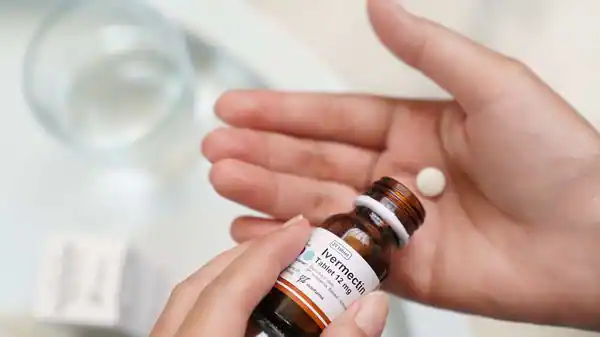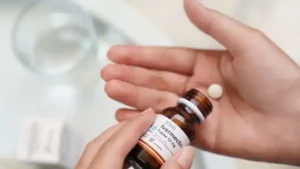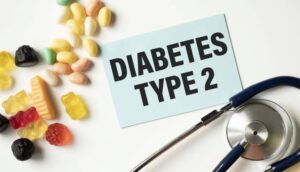Health Official Warn,
Dengue Virus Is Spreading Over Florida Counties
Florida‘s health officials have issued a warning that the dengue virus is rapidly spreading throughout the state. Ten locally acquire dengue cases have been record in Florida as of August 16, 2023, with Miami-Dade County hosting the majority of these cases. Most of the 10 are public in July.
The symptoms of dengue:
Dengue symptoms can range from simple to serious. The most common symptoms are:
- Fever
- Headache
- Muscle pain
- Joint pain
- Rash
- Nausea and vomiting
- Diarrhea
- Sickness
Other symptoms:
In severe cases, dengue can lead to dengue hemorrhagic fever (DHF) or dengue shock syndrome (DSS). These conditions are characterized by:
-
- Bleeding
- Low blood pressure
- Fluid accumulation
- Shock
Complications of dengue:
The most serious complications of dengue are DHF and DSS
-
- Liver damage
- Kidney damage
- Heart problems
- Brain damage
How is dengue diagnose?
Dengue is diagnosed based on the patient’s symptoms and a blood test.
The blood test looks for antibodies to the dengue virus.
Both a doctor’s office and a laboratory are able to perform the dengue blood test. Results of the test are typically available in a few hours.
It’s crucial to see a doctor as soon as possible if you think you have dengue. To avoid problems, early diagnosis and treatment are critical.
Here are some other tests that may be do to diagnose dengue:
NS1 antibody test: This test looks for a dengue virus-produced protein. Before antibodies arrive, it might be done early on in the sickness.
Polymerase Chain Reaction (PCR): increases the genetic material of the dengue virus. Even if the virus is no longer present in the blood, it can still be use to diagnose dengue.
Blood cell count: This examination can be done to check for differences in blood cells, which may be a warning sign of dengue.
Dengue is treated with supportive measures like rest, water, and painkillers. Hospitalization may be required in serious situations. Dengue does not have a specific treatment.
Is there a vaccine for dengue?
No, there is no licensed vaccine for dengue available worldwide.
- There is no specific treatment for dengue.
- Treatment is supportive and includes rest, fluids, and pain medication.
- In severe cases, hospitalization may be necessary
However, there are several vaccines in development.
- CYD-TDV, developed by Sanofi Pasteur
- TAK-003, developed by Takeda
- TV003, developed by Valneva
- YF-DENV, developed by the National Institutes of Health (NIH)
The World Health Organization (WHO) does not recommend the use of either vaccine for routine use in all countries.
How can you protect yourself from this dengue?
The best way to protect yourself from dengue is to avoid mosquito bites. You can do this by:
-
- Using insect repellent that contains DEET or picaridin.
- Wearing long sleeves and pants when you are outdoors, especially during the day.
- Staying in air-conditioned areas as much as possible.
- Draining standing water around your home to prevent mosquitoes from breeding.










